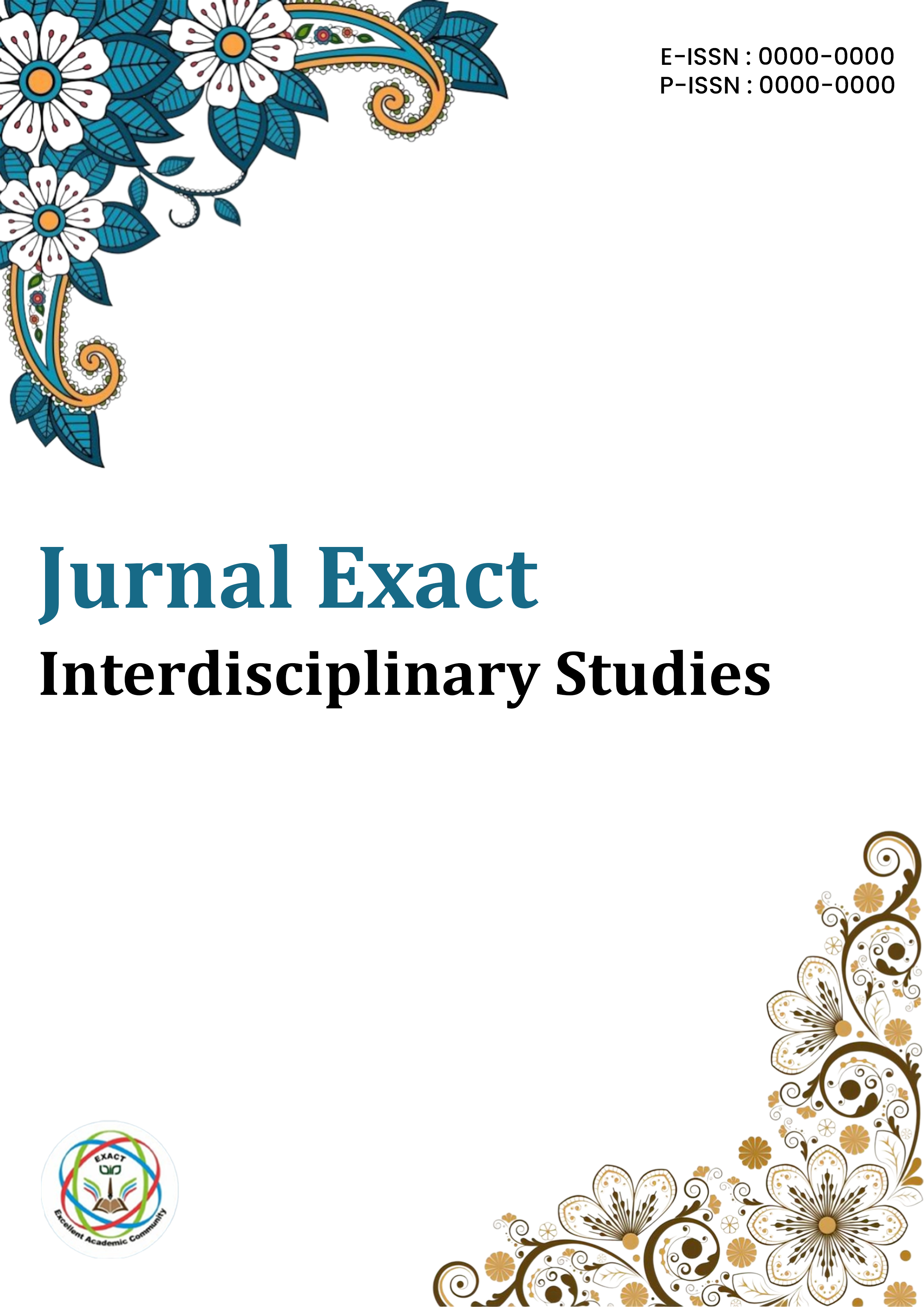Kesadaran Gender Dalam Konteks Perguruan Tinggi: Kajian Kritis Atas Pemikiran Asghar Ali Engineer
Keywords:
Gender, Mahasiswa, Asghar Ali Engineer, PerempuanAbstract
- It would be natural if at this time, there were no more disparities in acces and participation for women in the world of education. But in reality, patriarchal values are still widely held by society and become an obstacle to gender awareness in various aspects of life. This study attempts to critically examine Asghar Ali Engineer’s thoughts on the interpretation of women offered, as a Islamic values for college students to face today’s life. In addition, the author attempts to formulate Asghar Ali Engineer’s thoughts as a perspective in understanding the issue of gender awareness in higher education. The approach used is this study uses an exploratory type that is qualitative-descriptive and has a pure research pattern. Looking at the current reality, there needs to be integration and interconnection between the problems today with the reading of several Islamic thinkers, one of which is Asghar Ali Engineer. The results obtained indicate that gender awareness in the world of higher education is better, but still needs to be optimized. The concept of gender justice put forward by Asghar Ali Engineer can be a kind of basis for improving and optimizing awareness of the importance of gender equality in the scope of students and universities.
References
Amin Abdullah, M. (2020). Dinamika Islam Kultural. IRCiSoD.
Creswell, J. (2020). Second Edition Qualitative Inquiry& Research Design Choosing Among
Five Approaches. In Design: Choosing Among Five Approaches (Vol. 3, Issue June).
Engineer, A. A. (1999). The Qur’an, Women, and Modern Society. Sterling Publishers.
Engineer, A. A. (2009). Islam and Liberation Theology. Sterling Publishers.
Ete, V. E., Puspita, E. S. I., Sallalu, A. R. H., Putri, J. A., & Ramadhani, U. E. (2023). Gender
dan Konstruksi Perempuan dalam Agama. Moderasi: Jurnal Kajian Islam Kontemporer,
(2).
Farah, N. (2020). Hak-hak Perempuan dalam Islam: Studi atas Teologi Pembebasan Asghar
Ali Engineer. YinYang (Jurnal Studi Islam, Gender, Dan Anak), 15, 189.
https://doi.org/https://doi.org/10.24090/yinyang.v15i2.3953
Gusmansyah, W. (2019). Dinamika Keseteraan Gender dalam Kehidupan Politik di Indonesia.
Jurnal Hawa, 1(1), 157.
Khayyirah, B. (2013). Perempuan-Perempuan Yang Mengubah Wajah Dunia. Palapa.
Maharani, I. S., Nugraha, A., & Pratama, R. K. (2024). Optimalisasi Peran Kepemimpinan
Perempuan Dalam Membangun Kesetaraan Gender. Jurnal Pengabdian Kepada
Masyarakat Nusantara, 5(3), 3042–3048.
Napitupulu, E. L. (2024). Perempuan Indonesia Lebih Banyak Mengakses Pendidikan Tinggi
Daripada Laki-laki. Kompas, 1.
Nawawi, H. (n.d.). Metode Penelitian Bidang Sosial. Gajah Mada University Press.
Nurfadillah, M., Fatmariza, Montessori, M., & Muchtar, H. (2023). Tantangan Kepemimpinan
Perempuan Sebagai Kapolsek Dalam Perspektif Gender. Jurnal Ideologi Dan Konstitusi,
(2), 123–133.
Nuryanto, A. (2001). Islam, Teologi Pembebasan dan Kesetaraan Gender. UII Press.
Panjaitan, A. A., & Purba, C. S. (2018). Tantangan yang Dihadapi Perempuan di Indonesia:
Meretas Ketidakadilan Gender. Jurnal Hukum Media Bhakti, 2(1), 70–95.
Suarmini, N. W., Zahrok, S., & Yoga Agustin, D. S. (2018). Peluang Dan Tantangan Peran
Perempuan Di Era Revolusi Industri 4.0. IPTEK Journal of Proceedings Series, 5, 48
https://doi.org/10.12962/j23546026.y2018i5.4420
Suciati, C. (2023). Analisis Teologi Pembebasan Asghar Ali Engineer Pada Pendidikan Tinggi
Perempuan Desa Mekartani Kec. Singajaya Kab. Garut. UIN Sunan Gunung Djati.
Sudarto. (2014). Wacana Islam Kontemporer. IRCiSoD.
Syamsiyah, D. (2015). Perempuan dalam Tantangan Pendidikan Global : Kontribusi Kaum
Perempuan dalam Mewujudkan Millenium Development Goals. PALASTREN, 8(2), 225
Wardhani, D. A. (2022). Peran Pembentukan Komite Sosial Kesetaraan Gender: Perempuan
dalam Isu Stereotip. Jurnal Indonesia Sosial Teknologi, 3(7).
Yuliati, H. (2023). Isu Gender Dalam Pespektif Agama dan Perundang-undangan. Cendekia:
Jurnal Ilmu Pengetahuan, 3(3), 129.
Downloads
Published
Issue
Section
License
Copyright (c) 2024 Doni Pratama, Ulfi Maulinda Hanum

This work is licensed under a Creative Commons Attribution-NonCommercial-ShareAlike 4.0 International License.






